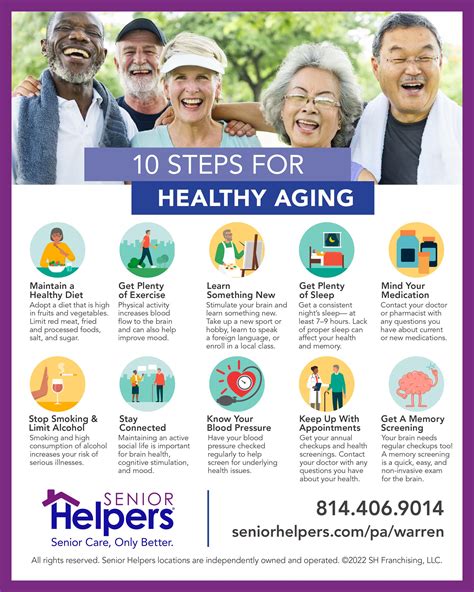What are proven lifestyle shifts for optimal male testosterone & vitality?

Unlocking Male Vitality: The Power of Lifestyle
Optimal testosterone levels are crucial not just for muscle growth and libido, but also for energy, mood, cognitive function, and overall male vitality. While age naturally brings a decline, many modern lifestyle factors can accelerate this process. The good news is that numerous evidence-based shifts can significantly impact your hormonal health. This article explores proven lifestyle modifications that empower men to naturally boost their testosterone and reclaim their vigor.

Strategic Nutrition for Hormonal Balance
What you eat directly influences your hormone production. A balanced diet rich in whole, unprocessed foods is fundamental. Focus on consuming adequate protein, healthy fats, and complex carbohydrates. Healthy fats, in particular, are vital as cholesterol is a precursor to testosterone. Incorporate sources like avocados, nuts, seeds, olive oil, and fatty fish. Essential micronutrients such as zinc (found in oysters, beef, and pumpkin seeds) and Vitamin D (from sunlight and fatty fish) are also critical for testosterone synthesis.
Conversely, limiting processed foods, excessive sugar, and refined carbohydrates can help prevent insulin resistance, which is linked to lower testosterone. Moderate alcohol consumption is also advised, as heavy drinking can negatively impact hormone levels.
The Impact of Exercise: More Than Just Muscle
Regular physical activity is a cornerstone of optimal testosterone. Not all exercise is created equal, however. Strength training, particularly compound movements like squats, deadlifts, bench presses, and rows, has been shown to acutely and chronically elevate testosterone levels. Aim for 3-4 sessions per week, focusing on progressive overload.
High-Intensity Interval Training (HIIT) can also be beneficial, providing a potent hormonal response without excessive time commitment. While beneficial, endurance training should be balanced, as chronic, long-duration cardio without adequate recovery can sometimes lead to lower testosterone levels.

Prioritizing Quality Sleep
Sleep is a powerful, yet often overlooked, component of hormonal health. The majority of your daily testosterone production occurs during sleep. Chronic sleep deprivation, even just a few hours less than recommended, can significantly reduce testosterone levels. Aim for 7-9 hours of high-quality sleep per night. Establish a consistent sleep schedule, create a dark, cool, and quiet sleep environment, and limit screen time before bed to optimize melatonin production.

Mastering Stress and Mental Well-being
Chronic stress is a testosterone killer. When you’re constantly stressed, your body produces elevated levels of cortisol, the “stress hormone.” High cortisol levels can directly suppress testosterone production. Implementing stress-management techniques is therefore crucial. Practices like mindfulness meditation, yoga, deep breathing exercises, spending time in nature, and engaging in hobbies can help lower cortisol and promote hormonal balance. Prioritizing mental health is an often-underestimated pathway to physical vitality.

Environmental Awareness and Lifestyle Choices
Beyond the core pillars, other lifestyle factors play a role. Exposure to endocrine-disrupting chemicals (EDCs) found in plastics (BPA, phthalates), pesticides, and certain personal care products can interfere with hormone function. Opt for glass containers, filter your water, and choose natural personal care items where possible. Ensuring adequate sunlight exposure helps with Vitamin D synthesis and circadian rhythm regulation, both linked to testosterone. Maintaining a healthy body weight is also critical, as excess body fat (especially visceral fat) can increase the conversion of testosterone to estrogen via the enzyme aromatase.

Conclusion: A Holistic Approach to Lasting Vitality
Boosting testosterone and enhancing overall male vitality isn’t about quick fixes or isolated interventions; it’s about adopting a holistic and sustainable lifestyle. By strategically optimizing your diet, incorporating effective exercise, prioritizing sleep, managing stress, and being mindful of your environment, you can create a powerful synergy that naturally elevates your testosterone levels and significantly improves your quality of life. Embrace these proven shifts to unlock a healthier, more energetic, and more vibrant you.









